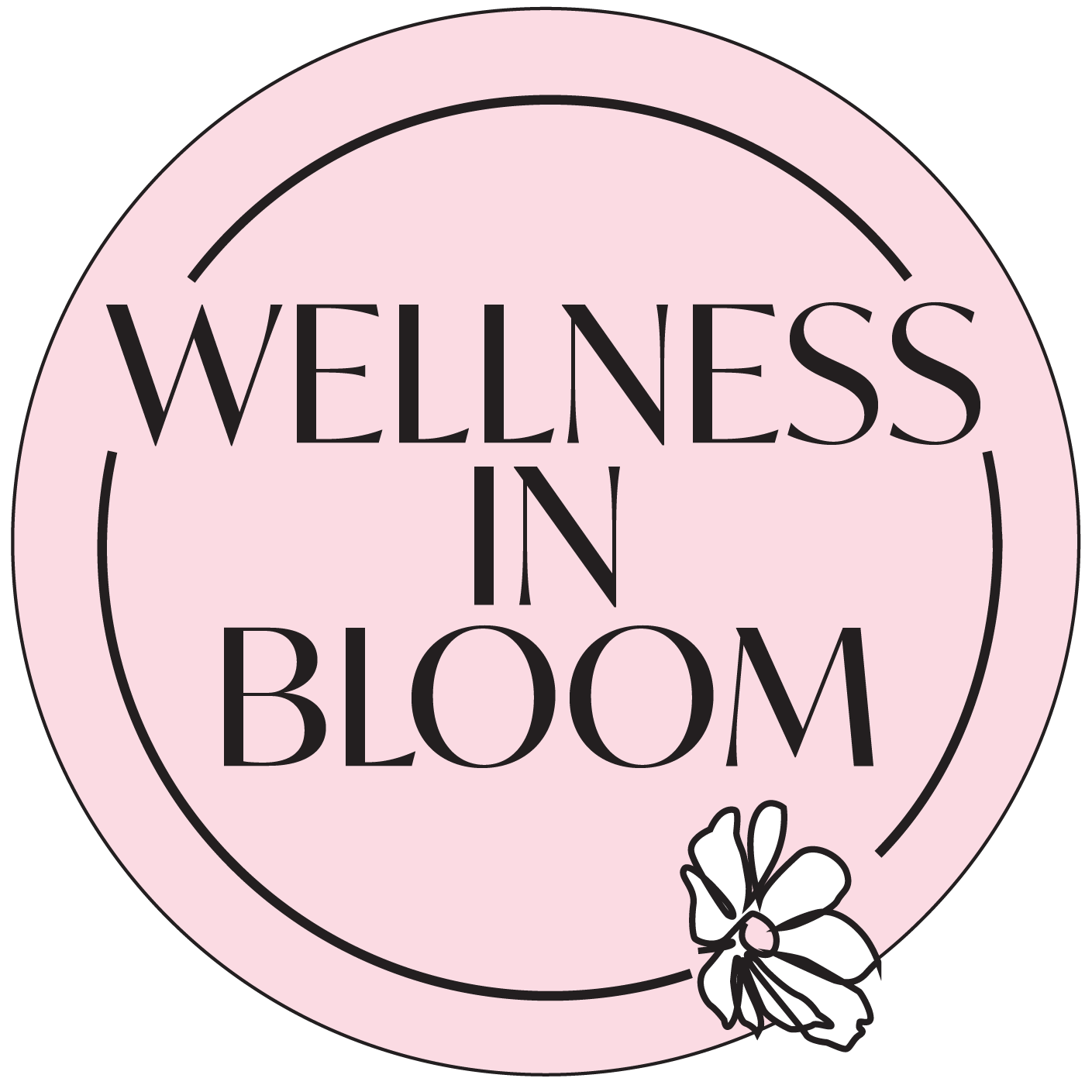This is what being on a Covid Unit looks like for those who can’t help themselves.
My father has been on a COVID unit the last 13 days.
As he’s unable to do anything for himself, we fight daily to have nurses dial the landline for him so he can talk to us.
Every phone call he says the same thing, “Come get me, they’re hurting me.”
At first, I would accept that statement and adjust it for him.
“Dad, they’re not hurting you. They’re trying to help you heal. And I’ll come get you as soon as you’re healthy enough to come home.”
But now, after escalating frustrations in his care and fighting to be with him, we have had his isolation status lifted.
My sister was able to spend 6 hrs at his bedside on Friday.
What did she learn? All this time, he was right.
“Do no harm.”
What does that mean to you?
Let me tell you what we have witnessed and you tell me if this is promoting someone’s well-being.
- No food delivered to his room. Finally after pursuing complaints a lunch tray was brought at 2:30. My sister was able to feed him, since he can’t feed himself.
- Outside of OJ given with meds at 11, my father was never given any water or liquids to drink. Remember he can’t do anything for himself. He also, does not have an IV during this time.
- He has laid in a dirty diaper for 6 hours. He’s continent. He normally is not dependent on diapers, but no one has the time to check him, or offer him any form of assistance to move his body.
- His left arm, which he’s unable to move, became swollen. No care had been given to it, no range of motion. When my sister saw the swelling, she asked for the nurse to come assess it. Her response, “Didn’t he have a stroke, or something?” Yes. He did have a stroke. A huge informative part to developing a plan of care for your patient. His left side needs to be elevated and tended to to prevent complications.
- He’s been placed in restraints due to his refusal to keep oxygen going into his nose in place. However, upon an in person assessment, we noticed major skin break down at his nostrils. The pressure from the high flow nasal cannula was, in fact, causing pain, and he was trying to avoid it.
- When staff did come in and change my father, after my sister requesting this basic need, they left the bed flat. Thankfully my sister was there to elevate the head of the bed for him. Not only due to his condition, but also overcoming any respiratory difficulty, an elevated head of the bed is a baseline necessity.
The conflict continues. These are merely a few frustrations. We have since seen more signs of neglect. But, worse than the situations themselves is the response.
It’s one thing to be in a challenging situation (overwhelming number of patients, not enough staff, etc.) and acknowledge the poor outcomes.
However, when presented with these concerns, the charge nurse and staff justified their actions. According to them, the neglect my father experienced was justified due to other, sicker patients, needing their attention.
So if someone isn’t sick enough, they should suffer? They shouldn’t drink water. They should develop bed sores as they lay in their filth. They shouldn’t be able to call for help. They should just be quiet.
If someone can’t advocate for themselves, then their quality of care should diminish?
What kind of backwards system is that?
This is why people go to hospitals and die.
It’s not just the mental aspect, it’s the physical.
My father has been continually neglected. Even with family at the bedside, complacency about his care abounds. I hate to imagine what went on when we weren’t there.
Burnout is real. There’s too much work. But that’s not an excuse.
To do no harm means to not neglect the healing of others.
My father’s wellness is being neglected. And I will fight to change this for others. Imagine those who lay in hospital beds without an advocate. I have no doubt my father would have died if we didn’t advocate for him.
Who will fight for you if and when you can’t fight for yourself?
Fight for your health. Hospitals aren’t.

%20(1).jpg)
.png)

